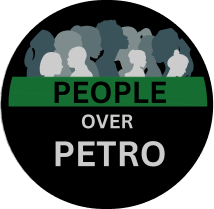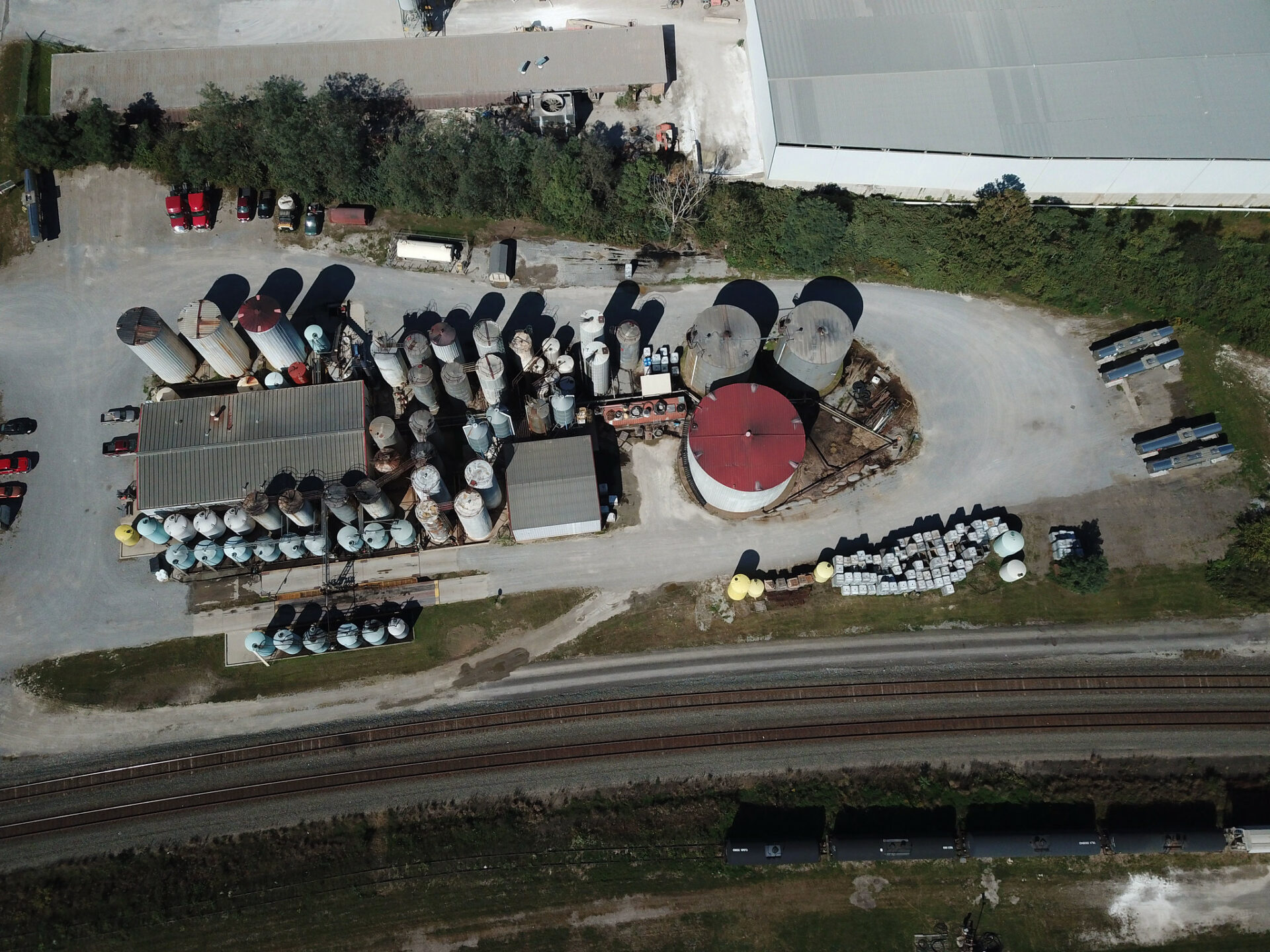It is debatable whether the first oil well was drilled in Oil City, Pennsylvania, or in Volcano, West Virginia. Nevertheless, the birthplace of the oil and gas industry is in the Ohio River Valley.
The work that People Over Petro Coalition member organizations and frontline communities do to protect our communities from exploitation and harm is linked directly to the process of high-volume horizontal hydraulic fracturing (fracking). Since 2010, fracked gas wells were drilled in the Marcellus and Utica Shale formations under Ohio, Pennsylvania, and West Virginia; thousands of families have reported serious health problems, including increased incidence of childhood cancer, and reproductive issues, benzene poisoning, neurological disorders, birth defects, and other serious life-threatening illnesses. Extensive research shows residents living near fracking wells are at greater risk of serious health issues.
The process of fracking for gas has contaminated at least 400 drinking water supplies in Pennsylvania that we know of. In many cases, the fracking company requires the resident to sign a nondisclosure agreement to have their drinking water source replaced by the company. Therefore, the total number of drinking water contamination occurrences is unknown.
Fracking uses thousands of unknown chemicals, plastic compounds known as “forever chemicals”, and millions of gallons of water and sand under high pressure to create an explosion in shale rock that is more than a mile underground. The sand lodges in cracks caused by the explosion, keeping them open and releasing trapped gas. Some water flows back to the surface while picking up radioactive particles from the rock. This radioactive liquid is disposed of in injection wells that pump the toxic liquid back underground, where it becomes another threat to drinking water sources and releases toxic chemicals into the air during unloading and loading. The fracked gas itself contains radioactive particles that collect in pipes and potentially in homes where it is burned for heating and cooking. The Marcellus shale is among the most radioactive shale rocks in the country.
Learn More
To find out more about the process of fracking and health, visit the National Institute of Environmental Health Sciences or where the wells are located at Fractracker Alliance,

